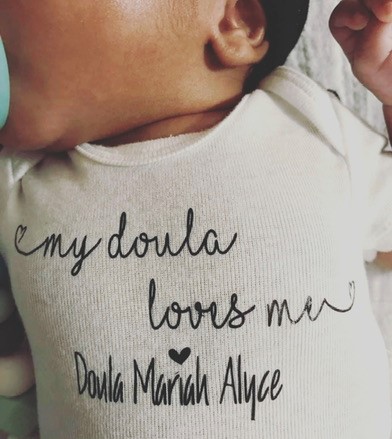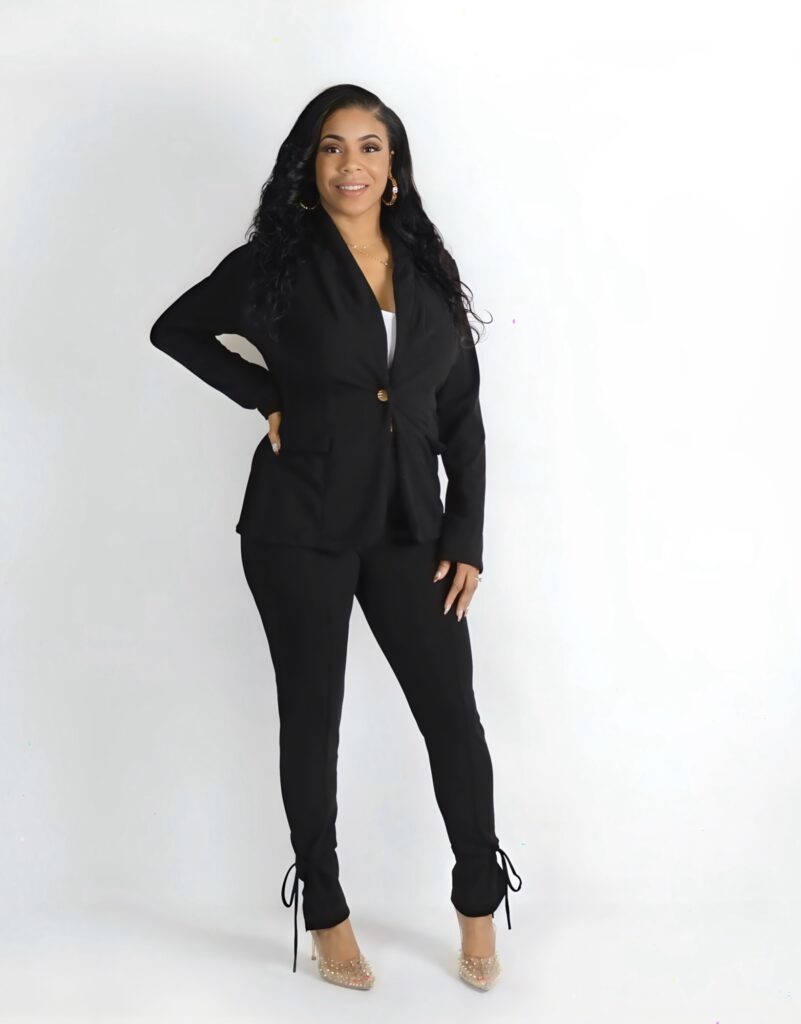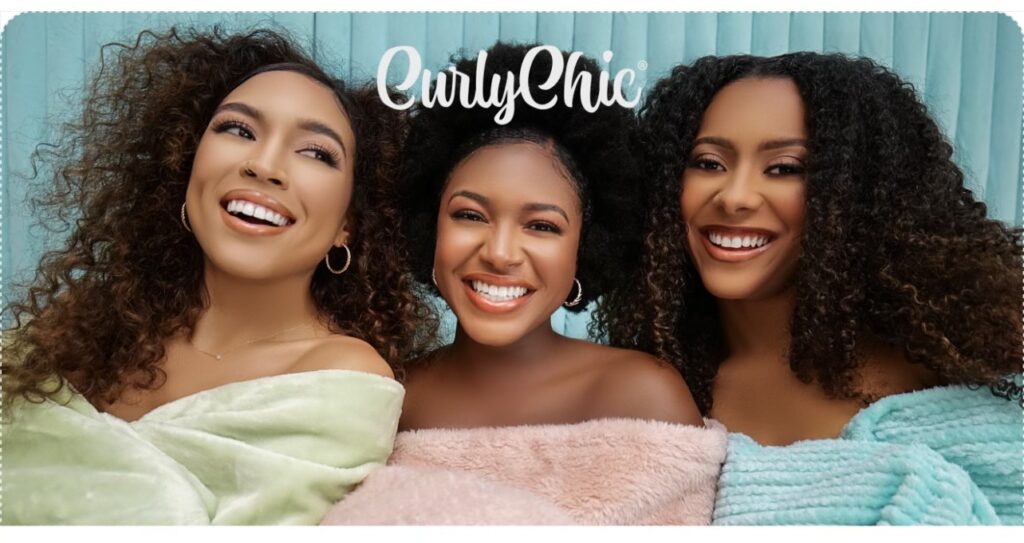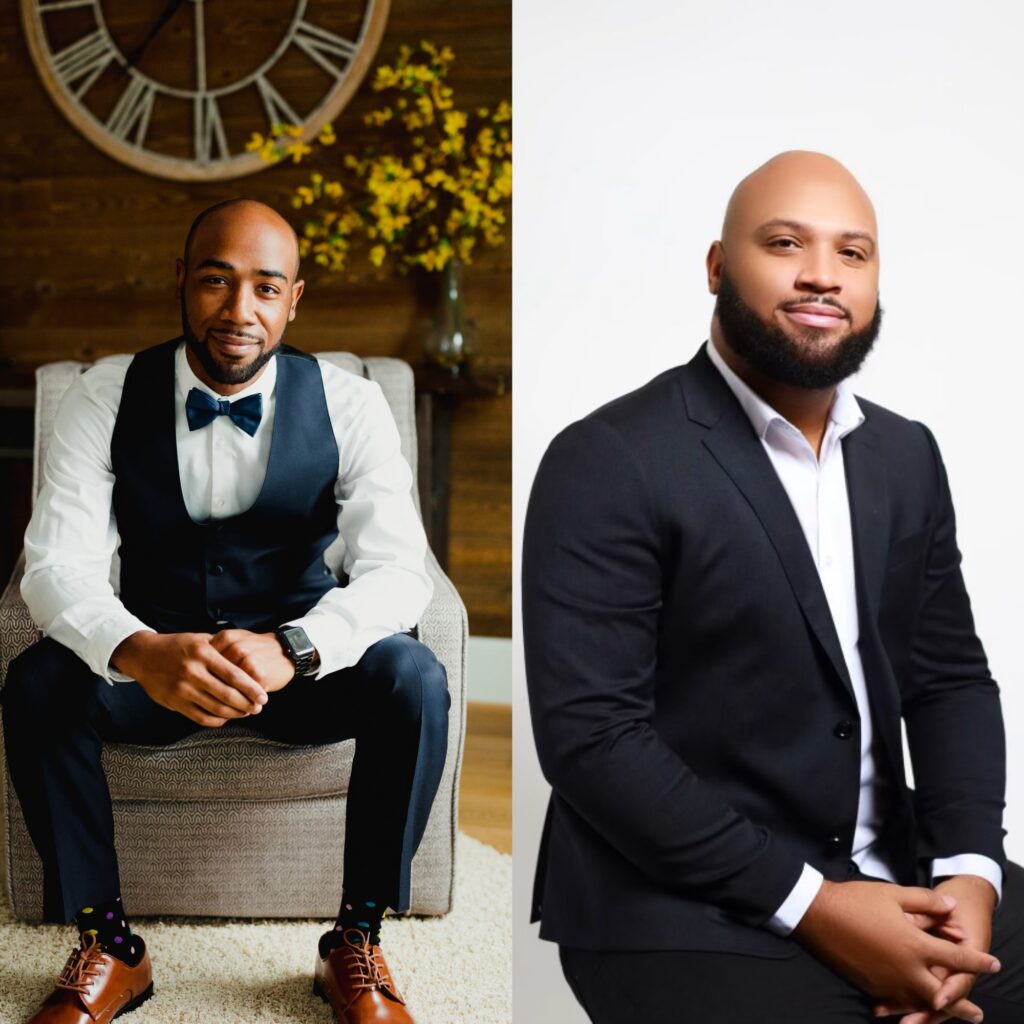Erykah Badu became “Erykah Badoula” and broke the internet when she delivered model, Slick Woods’ first child in 2018. Every black woman wanted a Doula and almost every black woman came out of nowhere confessing their intentions of being a Doula. However, what does it truly take to become a Doula? What is the importance of a doula and why do black women have the highest maternity death rate compared to other races? Mariah Alyce, a 29-year-old Doula of Tuscaloosa, Alabama, gives more information from her perspective about being a Doula and how it’s even more important than ever to have a Doula during the COVID-19 pandemic. Along with being a Birth and Post-Partum Doula, Mariah is a certified Lactation Counselor and has a placenta and capsulation specialist pending. So, let’s get into it.

What is a Doula
“A Doula assists families with preparing for birth through education, physical and mental accessibility, and by making the mother aware of her options during childbirth and post-partum,” states Mariah. According to Mariah, it is never too late to hire a Doula and you can hire one at any point in your pregnancy. One main piece of advice for mothers is to really consider a Doula and to not just pick anybody. “Find someone who is going to educate you, advocate for you and one whose work aligns with your core values.” From 2018 to now, social media has been on a high about having natural births and not to mention it does look beautiful to have a water birth, however, it is not a simple and easy process. Mariah suggests that the mother should be honest about her birthing plan, whether she wants to have a natural birth or medicated. Though having an unmedicated birth is ideal, every situation is different and being in a hospital with unfamiliar people and procedures can create a barrier between a mother, her Doula, and the hospital staff. “I try to be the person that I need for myself . . . by creating a safe space for women of color.” According to the Centers for Disease Control of Prevention black women are two to three times more likely to die from pregnancy-related causes than white women, find more information at https://www.cdc.gov/media/releases/2019/p0905-racial-ethnic-disparities-pregnancy-deaths.html. These causes are created from poor quality of care, lack of understanding, cultural differences and the old stereotype that black women are strong enough to endure pain. Most of these issues are what creates a huge concern for Doulas like Mariah Alyce, “I am concerned that some hospitals will give incorrect or not enough information about births during the COVID-19, breast-feeding, policy changes that can create birthing fear and not providing alternatives to birthing plans.” Mariah suggests that if a mother is having an uncomplicated birth, to plan for a home birth. For a successful home birth, it requires a midwife, a doula, and positive energy. Mariah discussed different midwives such as a Certified Nursing midwife who works in the hospital with an OB, and a more traditionally trained midwife, also known as a Granny midwife. A Granny midwife uses the same equipment as hospitals and are professionally trained. A common misconception of having a home birth is not being equipped if something goes wrong, “Then we call the hospital . . . always have a backup plan,” Mariah said.

COVID-19 has not stopped Mariah Alyce either. She is still offering free Baby Weaning and Fourth Trimester Classes; a Diaper Drive; and virtual online classes. She is still active with her personal clients within her community and beyond. You can find Mariah’s services and more on her website at www.mariahalyce.com. Connect with her online at: Facebook @PSMariah Alyce, Birth and Beyond Doula Care and IG: Doula Mariah Alyce, CLC.
Follow Us On Social Media!




